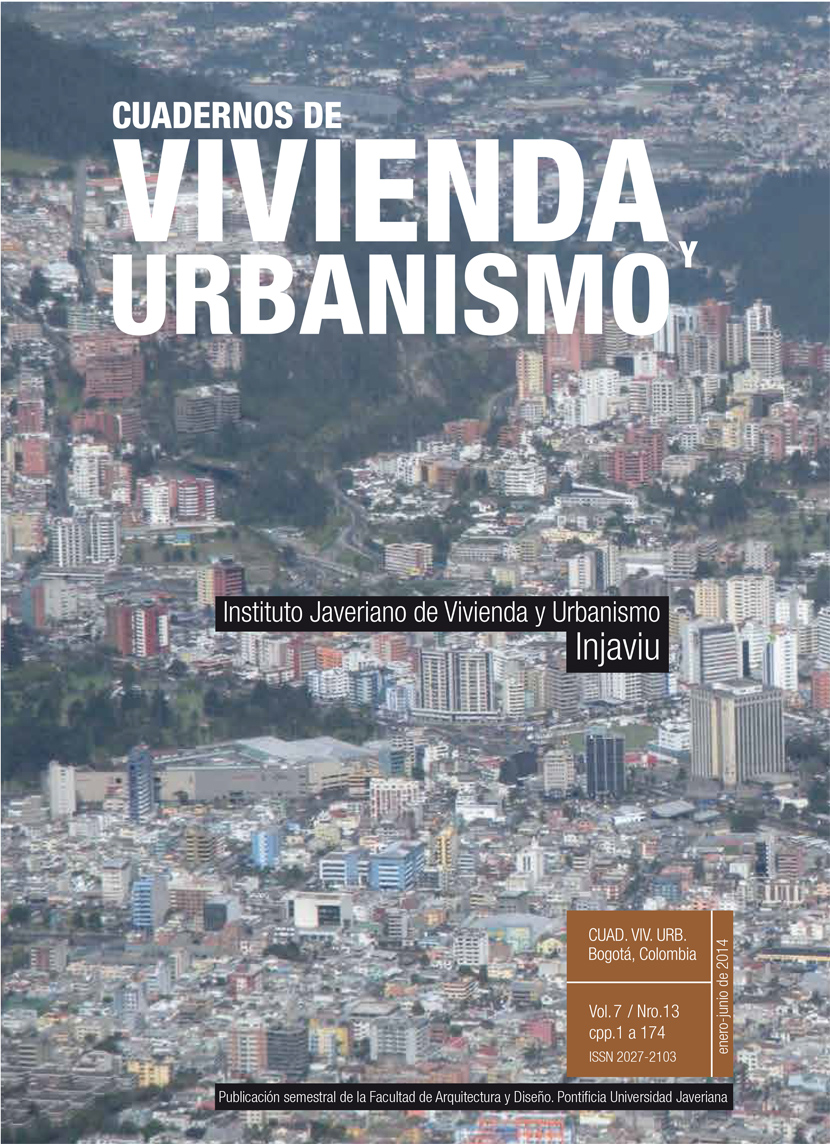Abstract
In this paper it is made a contrast between the current official discourse about urban control in the city of Bogotá and a critical view of it, from some historical and regulatory evidence. It takes as methodological references sociology of crime control and the critical discourse analysis; the latter allows to discover that the urban control is a kind of centralized state control that has been exercised from Colonial times to the present based on surveillance, discipline and punishment, which operates in the best interests of the dominant economic groups and excludes other types of control. As a result, there has been a pattern of segmented city with a high degree of social and spatial segregation, by creating territorial barriers to the enjoyment of the city and satisfaction of the needs and fundamental rights in conditions of equality.
This journal is registered under a Creative Commons Attribution 4.0 International Public License. Thus, this work may be reproduced, distributed, and publicly shared in digital format, as long as the names of the authors and Pontificia Universidad Javeriana are acknowledged. Others are allowed to quote, adapt, transform, auto-archive, republish, and create based on this material, for any purpose (even commercial ones), provided the authorship is duly acknowledged, a link to the original work is provided, and it is specified if changes have been made. Pontificia Universidad Javeriana does not hold the rights of published works and the authors are solely responsible for the contents of their works; they keep the moral, intellectual, privacy, and publicity rights.
Approving the intervention of the work (review, copy-editing, translation, layout) and the following outreach, are granted through an use license and not through an assignment of rights. This means the journal and Pontificia Universidad Javeriana cannot be held responsible for any ethical malpractice by the authors. As a consequence of the protection granted by the use license, the journal is not required to publish recantations or modify information already published, unless the errata stems from the editorial management process. Publishing contents in this journal does not generate royalties for contributors.


